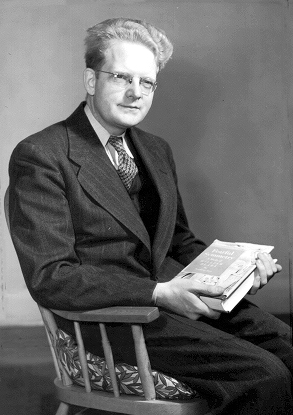In “The Present Condition of Society” (1943):
It was inevitable that those who saw most clearly that there was much in American life heading straight for Nazism, and who were still looking for something which should be definitely anti-Nazi enough and still consistent with deism, should have found what they were looking for in the Communists. (CW 10, 219)
In 1949 Diary (Jan. 28):
Many well-meaning and gentle people suffer from a vicious streak of masochism–they feel helpless in the midst of a brutal society, & in some warped way they want to feel so: they like saying they can’t do anything about, say, the American hold on Canada, or say it with a significant grin. In the last decade they helped the rise of fascism, & now they show a sneaking fondness for communism because of the nihilistic element in it. (CW 8, 104)
In “Trends in Modern Culture” (1952):
Fascism is an oligarchic conspiracy against the open-class system, deriving its real power from the big oligarchs and its mass support from would-be oligarchs, the “independent” (i.e. unsuccessful) entrepreneurs. Communism is the corresponding conspiracy on the other end, addressing itself to those most likely to feel that society in its present form will permanently exclude them from its benefits. (CW 11, 252)
In T. S. Eliot (1963):
Fascism and Communism are the products of strong tendencies within democracy itself, and our horror at these products springs from the ego’s dislike of inconvenience rather than love of freedom. (CW 29, 188)
In the “Foreward to 1984″ (1967):
In [Orwell’s] writings on Spain, particularly Homage to Catalonia, he shows how like in aim and motivation Russian Communism was to the Fascism it in theory opposed. (ibid., 278)

